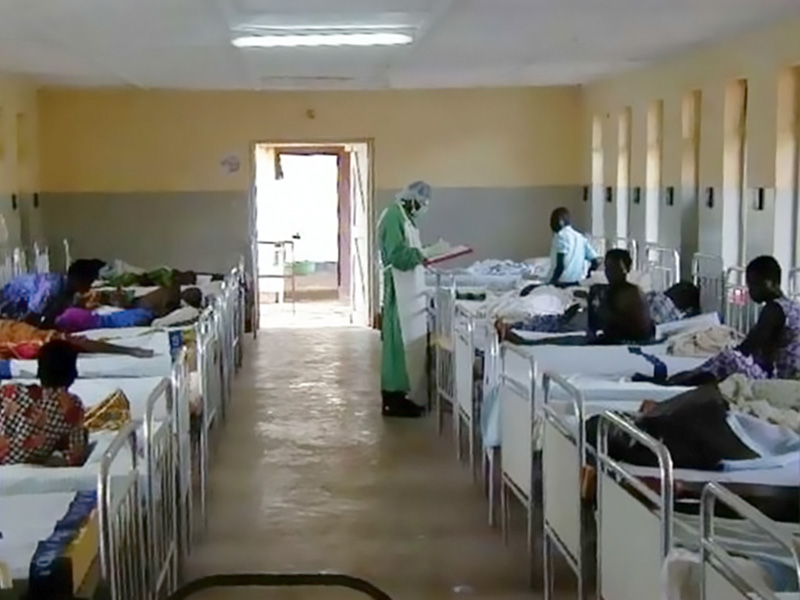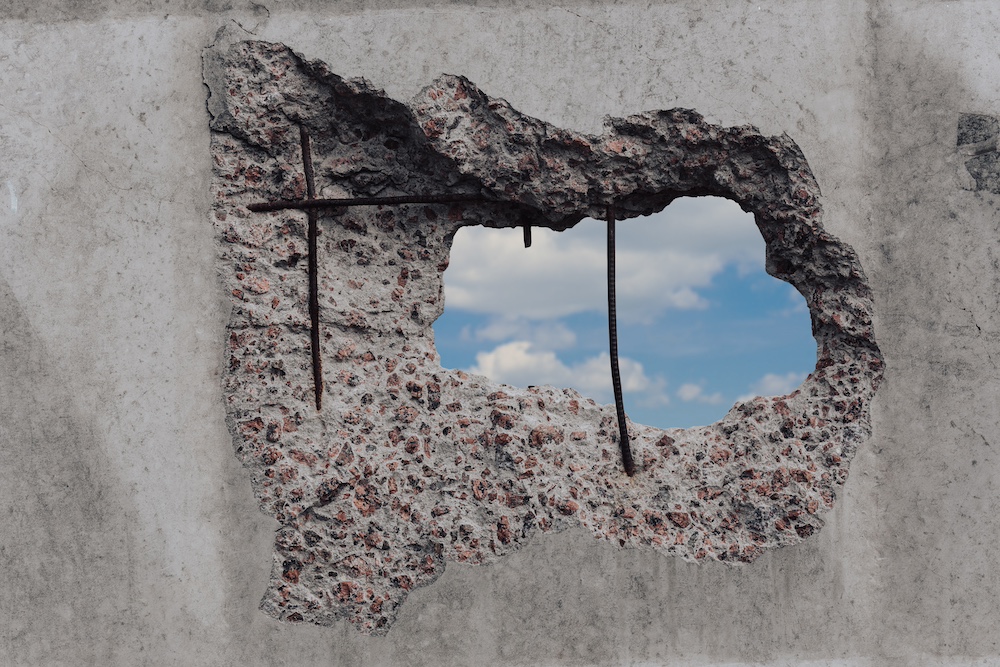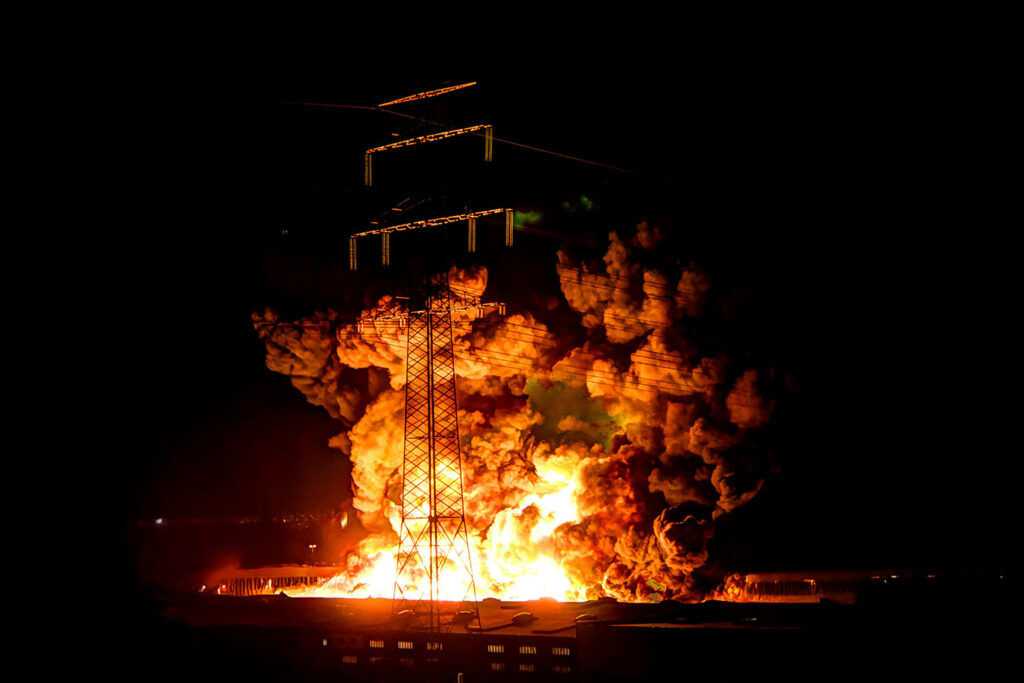Ebola Epidemic Could Tear Societies Apart
World leaders finally seem to be waking up to the gravity of the Ebola threat. Like the rest of us, they’ve been distracted by the Islamic State’s rampage in Syria and Iraq, the Ukrainian crisis, and even the mini-drama of the Scottish independence referendum.









